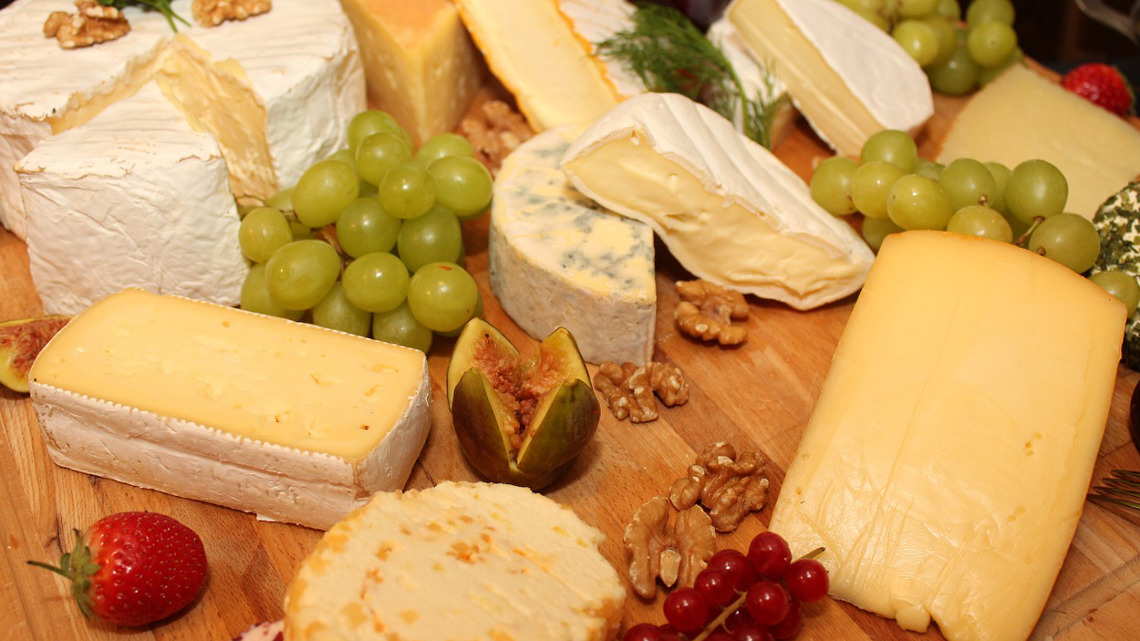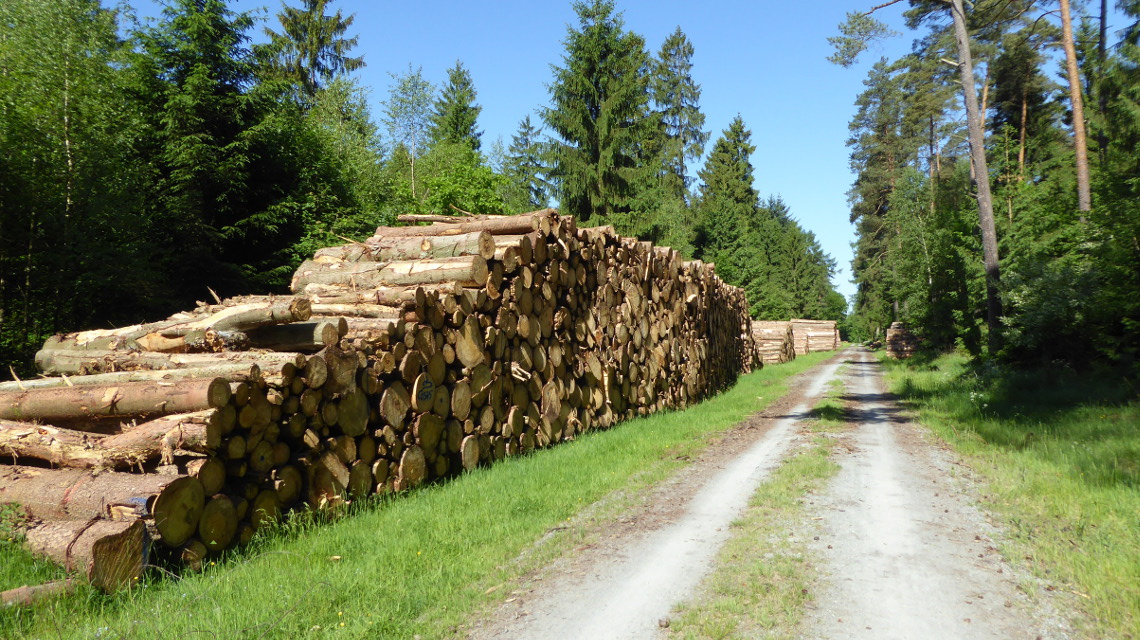Infinite Roots: Using whey to create new mycelium-based dairy products
The Hamburg-based biotech start-up Infinite Roots wants to utilise whey as a nutrient for mycelium fermentation and thus pave the way for new alternative dairy products.

Vegan cheese alternatives have one thing in common: they contain neither casein nor whey protein – although these proteins are essential for the characteristic flavour and texture of cheese made from animal milk. The biotech start-up Infinite Roots, which specialises in sustainable foods made from mushroom mycelium, now wants to remedy this shortcoming. Together with Hamburg University of Technology, the company is developing a technology to utilise whey as a nutrient for mycelium fermentation. The project is being funded by the Federal Ministry of Food and Agriculture (BMEL) with a total of 1.8 million euros.
Upgrading whey as a by-product
The aim of the project is to valorise whey as a by-product of milk production. According to the Hamburg-based start-up, up to 190 million tonnes of whey are produced worldwide every year, only half of which is processed further. The disposal of whey is not only expensive, they say. Due to its high biochemical oxygen demand, disposal also poses an environmental risk.
Whey substrate as a nutrient for fungal mycelium
As part of the project, the partners now want to convert whey into a substrate that can be used in the fermentation of fungal mycelium and thus for the production of alternative dairy products. The root-like fungal network, mycelium, has already proven itself as a resource-saving and sustainable production alternative in the manufacture of meat substitute products.
Infinite Roots sees equally great potential in the valorisation of whey as a nutrient medium for alternative dairy products. ‘Our upcycling technology optimises the fermentation process and transforms a previously problematic waste product into a valuable resource; a natural raw material. This saves time, reduces production costs and promotes sustainable practices in food production,’ explains Mazen Rizk, Managing Director of Infinite Roots.
Educational initiative for environmentally friendly food technology
In addition, an educational initiative for young researchers on the topics of upcycling and environmentally friendly food technology is to be launched together with the TU Hamburg. ‘Not only are we developing new technologies, but we also want to inspire the next generation of innovators for more sustainability in food production. The cooperation with the TUHH and the involvement of young talent gives the project an important societal dimension,’ says Rizk.
bb


